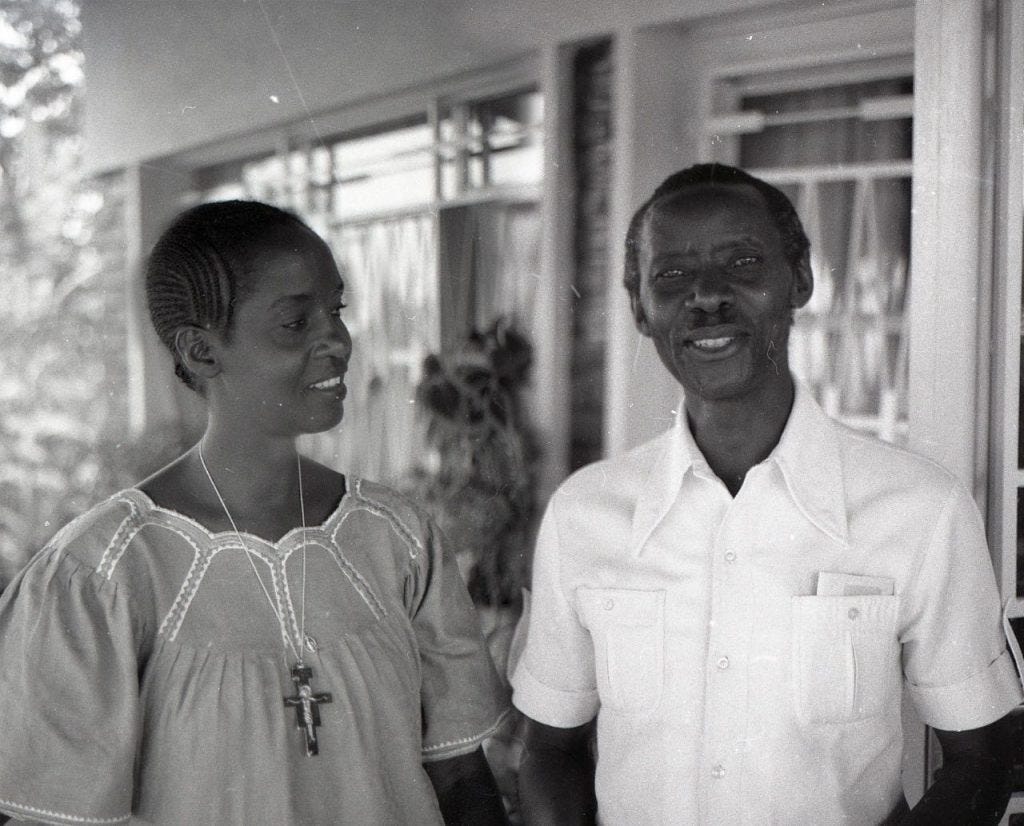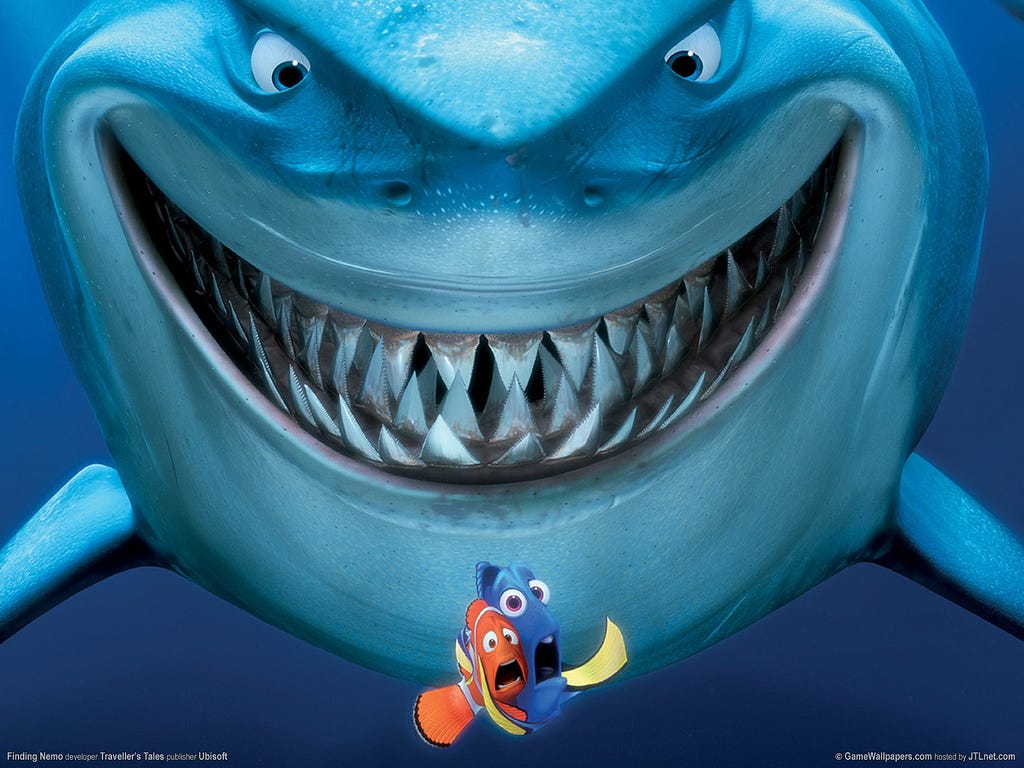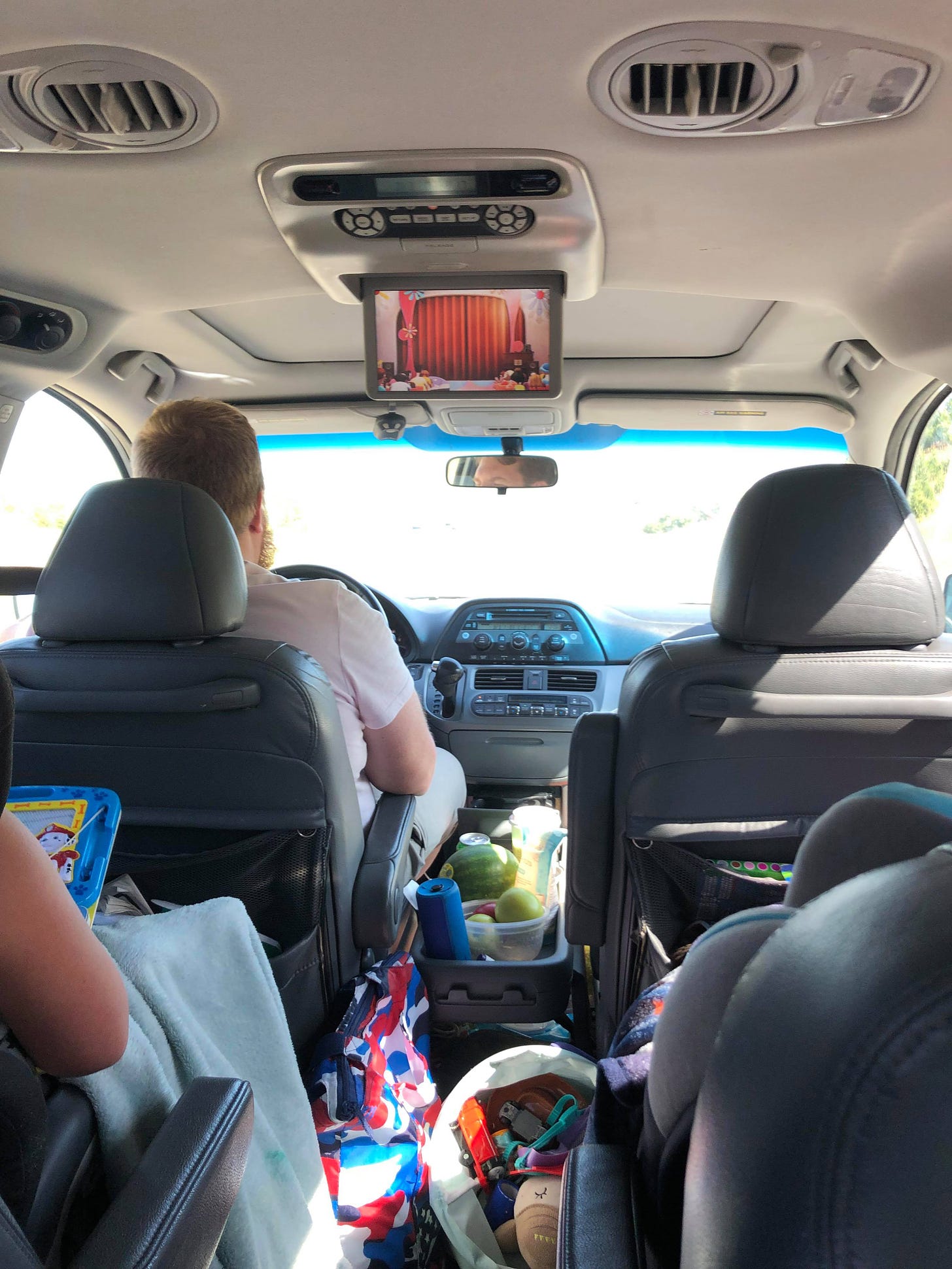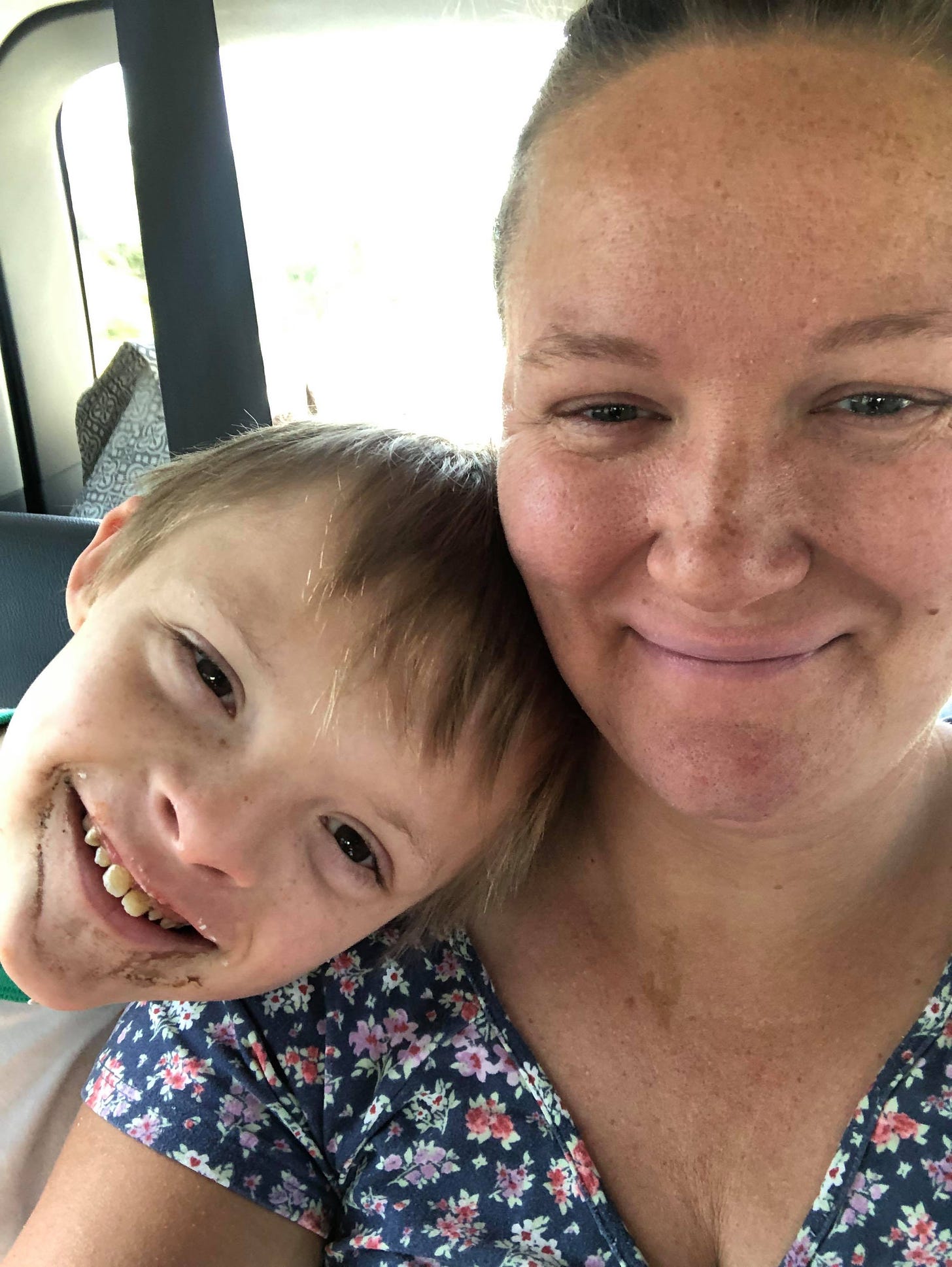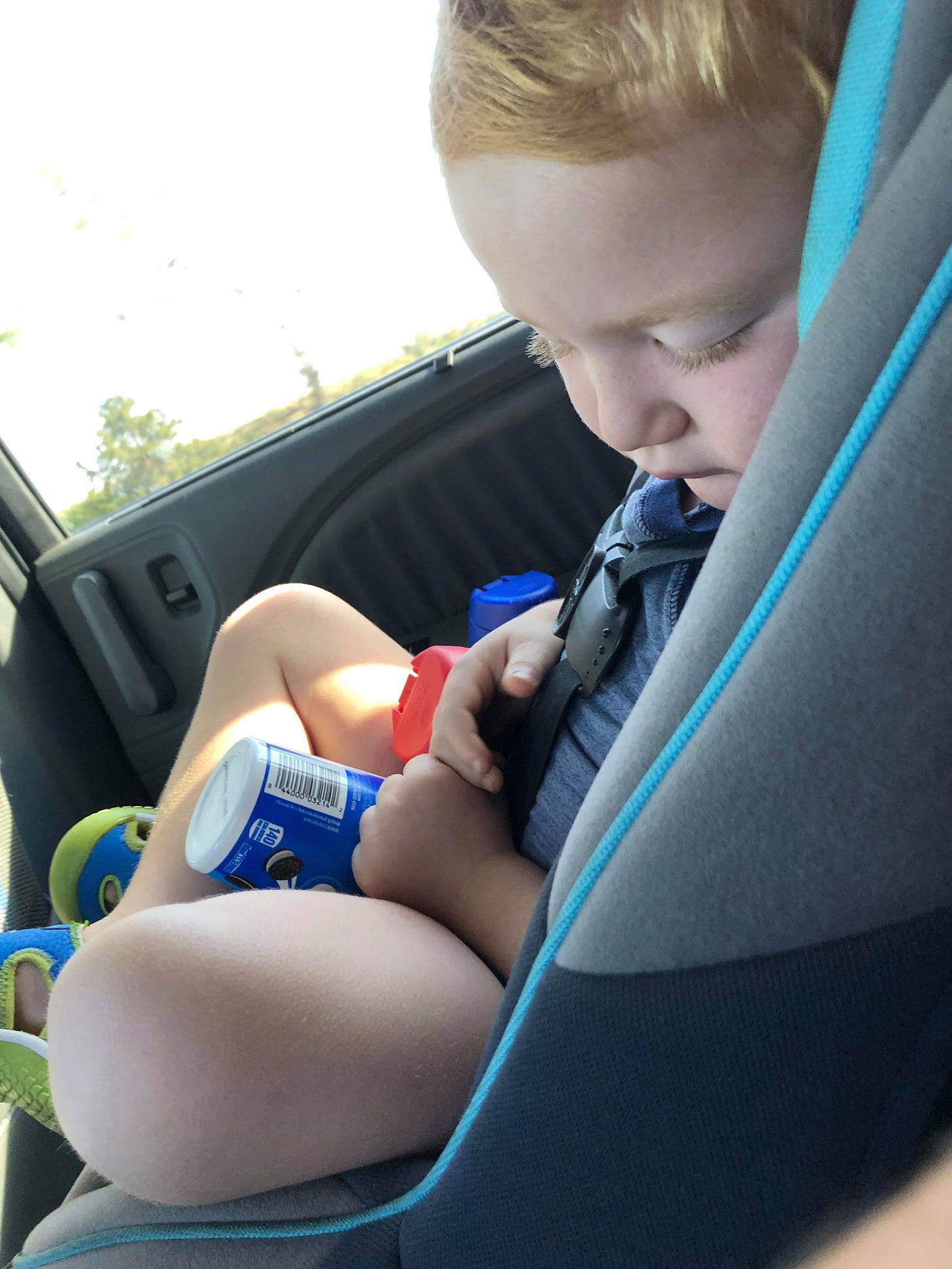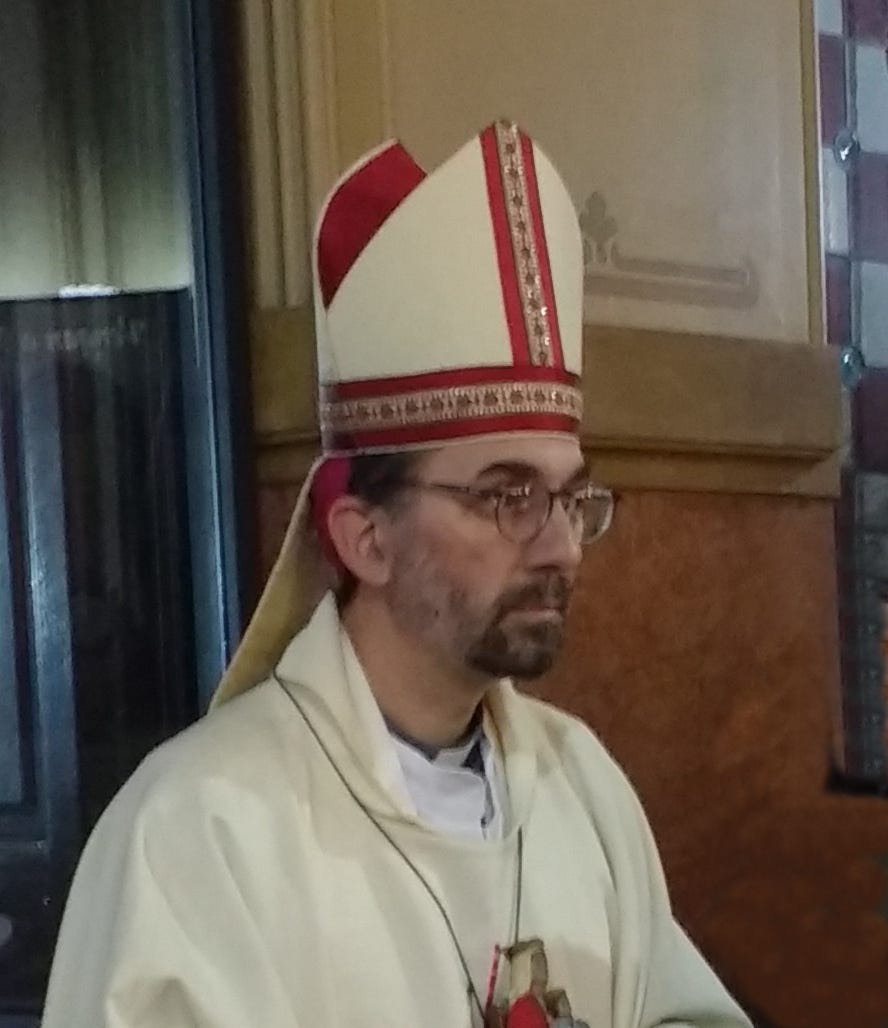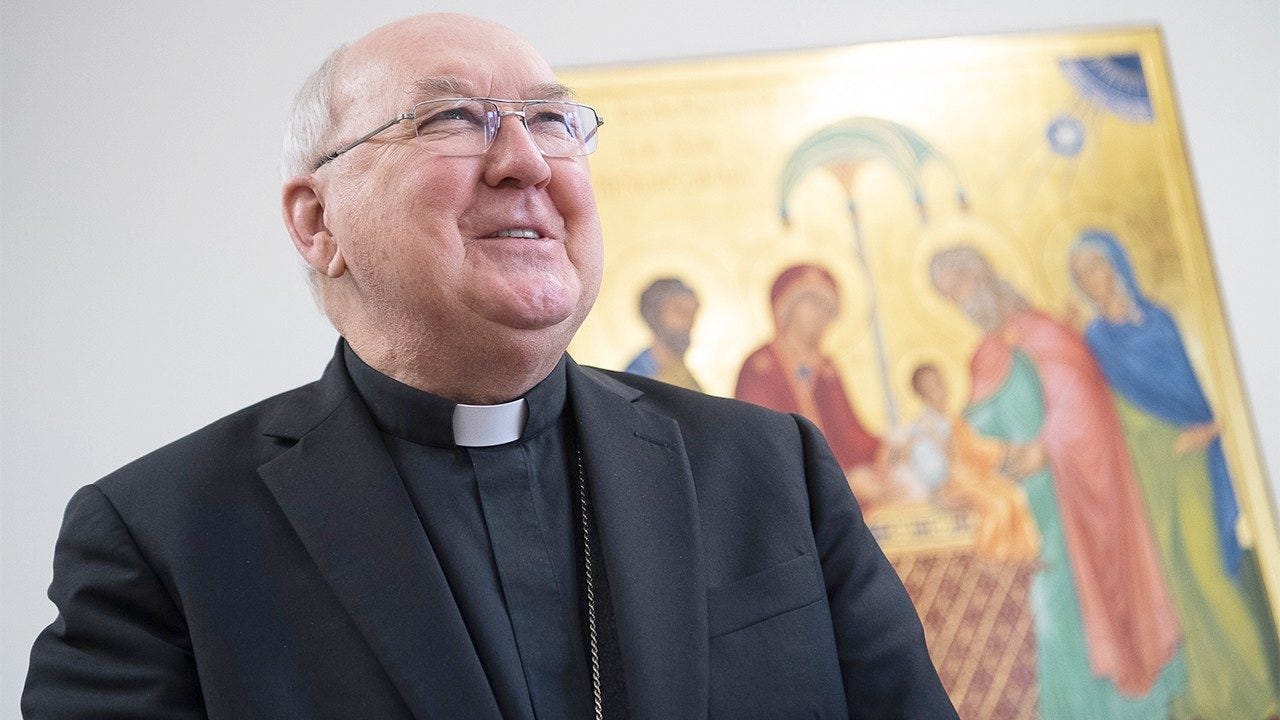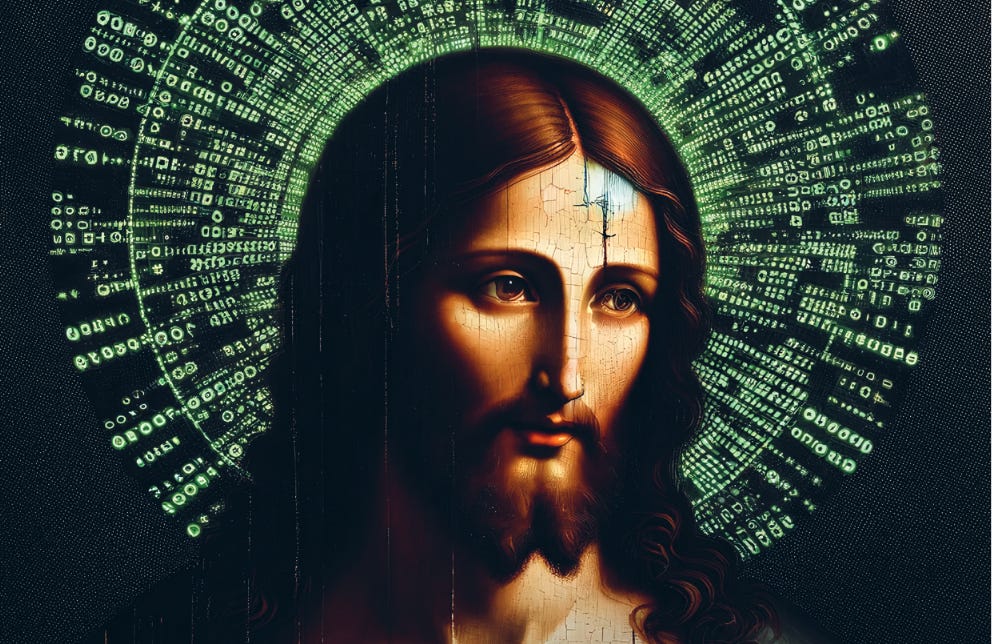Hey everybody,
A few weeks ago, a friend, discouraged by the news of the world, asked me whether The Pillar could have a “good-news-only” week sometime.
Well, today’s Tuesday Pillar Post, with several good news stories, comes close to fitting the bill. This was purely coincidental, I assure you.
And if you’re here because The Pillar is committed to reporting serious and important news, good or bad, when no one else will — rest assured, we’ll likely have something more to your tastes by the end of the week.
But for now, here’s some (mostly) good and interesting news:
The news
Rock Chalk!
Seventy years after he died in a Korean P.O.W. camp, the body of Fr. Emil Kapaun landed in Kansas on Saturday, where it will be interred this week in Wichita’s Immaculate Conception Cathedral.
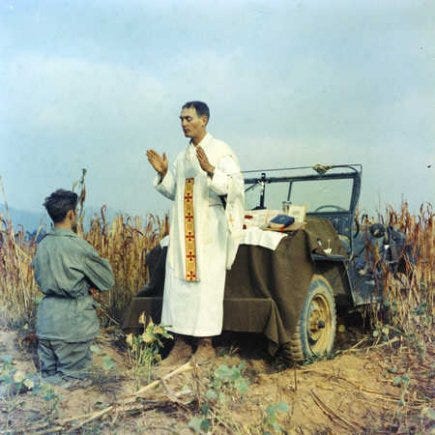
Fr. Kapaun was a heroic and generous chaplain during World War II and the Korean War. But after he was captured, witnesses say, his holiness became palpable: He spent seven months caring his fellow prisoners of war: many of them sick, wounded, and demoralized prisoners of war. He nursed them to health, stole food for them, and celebrated secret Masses.
When he died in May 1951, the priest was buried in a mass grave. It took until this year for his remains to be identified, and they were only flown home to Kansas, for a funeral Mass, on Saturday.
(P.S. - Fr. Kapaun was not actually a Jayhawk.)
—
Holy Matrimony
For Cyprien and Daphrose Rugumba, the first 20 years of marriage were pretty rough. She was a devout Catholic, he was a cynical ex-seminarian who mocked the Church. She was faithful, raising their 10 kids and praying for her husband. He was a cad, a lothario, who once left Daphrose for months, threatening divorce, and fathered a child outside the marriage.
And then in 1982, the Lord touched his life.
Cyprien Rugumba, a Rwandan poet and composer, heard the irresistible call of the Gospel. He began to pray. He reformed his ways. He became a disciple of Christ.
Daphrose, only by grace, forgave him.
Cyprien and Daphrose became evangelists and missionaries, together.
The couple might someday be declared saints. The Archdiocese of Kigali concluded last week the first phase of the process that could lead to their canonization. Their case will now be sent to Rome.
If canonized, they will be the first Rwandans to be declared saints. Read about them here.
—
Controversial Canadian policy dropped, but Mass attendance limited
We reported last week about the Canadian Archdiocese of Moncton, which had enacted a controversial, and canonically unusual, policy, that would have required all Catholics over 12 to be doubly vaccinated in order to attend Mass. The policy was designed to prevent government-imposed attendance limits on Masses, but was heavily criticized by some local Catholics, who said it was unjust to require the vaccine for Mass attendance.
On Friday, we reported that the archdiocese had dropped its vaccine requirement.
But there is an update: Later that day, the New Brunswick government announced that all religious services which do not require vaccines for attendance must operate at 50% capacity.
Local Catholics are divided. Some say the vaccine requirements allow more people to attend Mass, which is true. Others note the Church says vaccination should not be coerced, even by Mass attendance, which also seems true.
For now, dioceses in the New Brunswick province say that no one will be turned away from Mass because of their vaccine status, even while that limits the total number of people who can attend Mass. But as the weather grows colder and cases rise, this issue will pop up in other places. Touching on something as important as Mass, and given the fervor with which folks hold their views on the vaccine, I don’t expect this disagreement will be civil.
It’s going to be a long winter.
For now, read about Moncton’s policy decisions here.
Christian kindness and ‘protein units’
The People for Ethical Treatment of Animals celebrated on Saturday something called “Fish Amnesty Day.”
Fish. Amnesty. Day.
While we don’t celebrate Fish Amnesty Day at The Pillar, we did reach out to Charlie Camosy, a moral theologian with a thoughtful take on what Catholics owe to animals, and how that should shape our food choices:
“My main concern is the issue of justice for animals who are brutally tortured and killed in factory farms. The Catechism of the Catholic Church claims that we ‘owe [animals] kindness,’ and I take that seriously.
In a related story (especially if one takes Pope Benedict's broad ecological vision seriously), I am concerned about the absolute ecological disaster of factory farms; they are the most important contributors to global climate change.
I try to eat animal products from animals who have been treated well.”
Camosy is a pescatarian. But even if you’re not sure what that means, what he has to say is worth considering.
Waltzing Matilda
The Catholic Church in Australia will begin a plenary council this week — a formal meeting of the country’s bishops, capable of passing new ecclesiastical laws, and aiming to set a vision for the Church’s life and ministry Down Under.
The agenda will take up several controversial topics — including lay participating in Church governance, the Church’s treatment of sexuality, and the development of new pastoral models for Church life.
The open road
I’m writing this newsletter after spending two entire days in a minivan with my children — and actually enjoying it.
Our family hit the open road Sunday morning, en route to an undisclosed location for a couple of weeks — I’ll still be working, and the kids will still be doing schoolwork, but we thought was time for a change of scenery.
So four states, 1,000 miles, and one million bathroom and juice box breaks later, we’ve arrived for a few weeks of family time.
I realized last night how much my children are acclimated to the wide open skies of the Rocky Mountain West, where we live.
As we drove through the woods around sundown, my son Daniel piped up from the back seat: “Dad, this is a very thick forest. We need to be careful about bears. Because you are not stronger than a bear.”
I assured him that I am, indeed, much stronger than a bear. And I hope he’s still young enough to believe me.
Road trip:
—
Eucharistic coherence, redux
As is well known, the U.S. bishops in November will take up more debate on their proposed catechetical document on the Eucharist, which is expected to include a section on “Eucharistic coherence” — the euphemistic term which means that Catholics who are not living in accord with Catholic doctrine should not receive the Eucharist.
In fact, the bishops’ committee held their administrative committee meeting earlier this month — the meeting which sets the agenda for the full meeting of bishops — at which their plan to hold further debate and a vote in November reportedly received the support of the group.
At their virtual meeting in June, the bishops spent a total of two hours and 56 minutes debating the prospect of drafting a document on the Eucharist.
When they debate the text itself, they may spend far longer. Especially because recent comments from Pope Francis on Holy Communion and abortion politics throw gas on the fire, as does the Biden administration’s “whole of government” response to the Texas abortion law.
Both portend to intensify the debate, and both promise that we should expect to see bishops use statements, columns, and interview to stake their positions between now and November.
The debate, of course, symbolizes a broad rift among U.S. bishops that has long simmered beneath the surface, and become much more visible over the last nine months.
Some of the bishops who oppose the release of a document were those who opposed an Inauguration Day statement critical of the Biden administration’s stance on abortion — and who said the conference suffered “institutional dysfunction” which allowed the critical statement to eventually be released.
On the other side, many of the bishops who support the document have been vocally critical of the Biden administration’s stance on abortion — and some of them were not shy about connecting the document and the administration during their debate in June.
Of course, the rift is wider than secular politics. The divide among U.S. bishops is about the theological framework with which they understand and think about the Church, the sacraments, and universal call to holiness. That divide sparks disagreements about abortion, about how to interpret Pope Francis, about ministry priorities, and even about the handling of clerical abuse and misconduct.
And the divide is not going to be resolved in November. Instead, some bishops will try to shoehorn the pope’s into statements of support for their side — even if they need to cherrypick to do it. Others will try to steer the discussion toward the Biden administration, while some take pains to swerve the conversation elsewhere.
The debate will be at once contentious and entirely predictable. Ultimately, the Eucharistic coherence document will probably pass, as nearly all bishops already know, but it won’t say exactly what any of the bishops wanted it to say.
And that experience could foment a significant change in perspective for some bishops. The premise of the entire debate over “Eucharistic coherence” is that the bishops’ conference — in the aggregate, and as a body — should say “something,” both about a crisis of faith in the Eucharist, and about the issues of scandal occasioned by President Biden’s pro-choice advocacy.
But the notion that a bishops’ conference is the place to address something like that is fairly novel, and the consequence of post-conciliar “conference bloat” — the growth of the bishops’ conference into a major focal point of Church life, especially in the 1980s.
The most interesting effect of the Eucharistic coherence debate is the number of bishops who may be disillusioned by that focus, and find themselves remembering that they’re empowered to teach — and teach authoritatively — in their own dioceses, and by their own judgments. While some bishops seem committed to the idea that the conference debate is important — and at this point, it probably is — the process of the last nine months, with the controversy splayed out in the press, could lead to a major sea change.
We might be watching one of the last major “conference statement” debates for a while, as bishops decide it’s easier to skip the fight, and write diocesan pastoral letters at home instead. And that’s when differences will become more acutely laid out, even without a debate about it.
Final thoughts
— British judges upheld last week a law that permits children with Down syndrome or other disabilities to be aborted in the U.K. at any time before they are born, while abortions of children without disabilities are prohibited after twenty-four weeks’ gestation.
First Things asked me for a few thoughts, which you can read here. A preview:
If we’re going to actually protect the lives of people with Down syndrome and other disabilities, we have to do more than cheerlead, or give money for the quixotic campaigners like Heidi Crowter, who throw themselves into a legal arena that will almost certainly smile condescendingly, pat them on the head, and tell them their lives are a burden.
We have to become signs of contradiction.
—
Please continue to pray for my co-editor, Ed Condon, and his wife, Mrs. Condon, as they prepare for the birth of their first baby. We expect Little Condon to arrive by the end of this week.
Pray they name the child after me.
—
If you want learn more about Cyprien and Daphrose Rugumba, this is an excellent film about their lives:
—
As always, please keep sharing The Pillar:
And keep subscribing:
Put bluntly, your shares and subscribes are how we’ll keep the lights on. So thank you.
Please pray for us, and please be assured of our prayers for you. Have a great week!
In Christ,
JD Flynn
editor-in-chief
The Pillar

